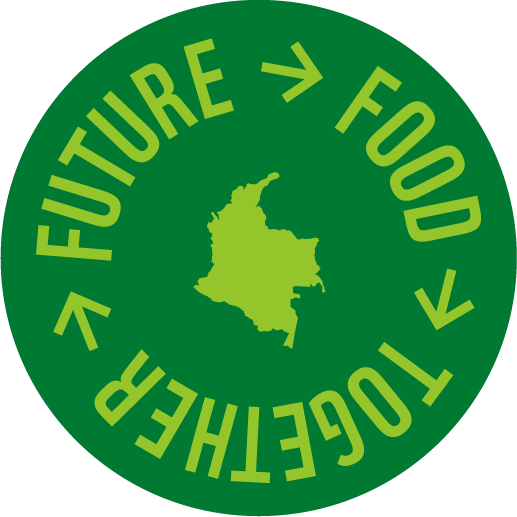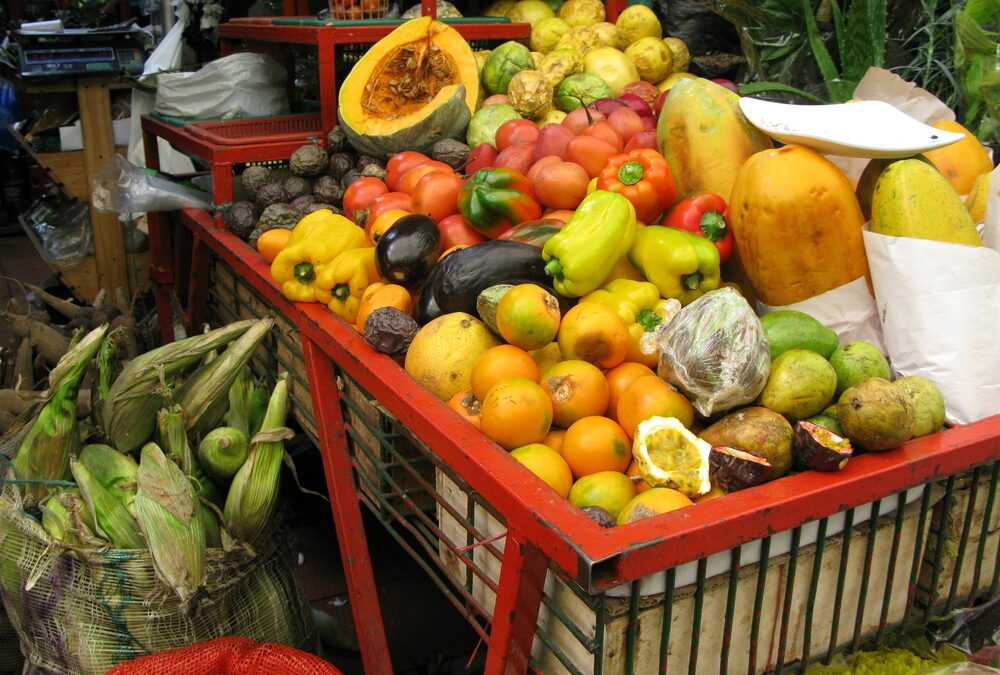
Have you ever found yourself curious about the stories behind the foods on your plate? The podcast series ‘History of Foods’ brought to life by the collaborative efforts of WWF and the historian Diana Uribe, delves into the narratives that shape our culinary choices. This four-episode series embarks on a journey to uncover the hidden connections between the foods we eat and the natural world that sustains us.
Background
34% of the world’s land and an astounding 70% of its freshwater resources are dedicated to food production. However, this reliance on nature comes at a cost. The process can lead to deforestation, the reshaping of natural landscapes, the depletion of biodiversity, and soil erosion.
A recent study conducted by our Future Food Together Team in Colombia uncovered a remarkable revelation. Through over 1,900 surveys and 45 in-depth interviews across eight cities, a gap was unveiled – Colombians often remain disconnected from the environmental impact of their dietary choices. WWF’s Living Planet Report underscores the threat of our eating habits to nature.
- total area used for food production 34%
- freshwater resources dedicated to food production 70%
Podcast Series
To raise awareness on the topic and to reach a wide audience, Future Food Together partnered with the well-known Diane Uribe, a Colombian history disseminator, chronicler, broadcaster, and podcaster who has specialized in historical outreach programs. She is known for her radio shows, podcasts, lectures, and audiobooks on world history.
Launched in Bogotá on August 23, 2023, the podcast uncovers complex histories of seemingly familiar foods. Diana Uribe shares insights of the popular Colombian candy “bocadillo veleño”, where mandarins’ journey from China and Spanish culinary techniques merge. Amid climate change and biodiversity loss, WWF Colombia aims to reestablish connections with food origins and is advocating for choosing diverse, locally sourced options and minimizing food waste.

Historian and podcaster Diana Uribe © WWF-Colombia
The Power of our Choices
It is imperative to recognize that the global food system generates a staggering 29% of all greenhouse gas emissions, contributing significantly to climate change. Additionally, our existing food systems fall short in promoting holistic well-being. Across the globe, approximately 690 million individuals are facing hunger, while over 2 billion individuals are classified as overweight or obese. These issues are widespread in Colombia, too, and the country seeks ways to achieve food security, eradicate hunger, and address malnutrition.
Each of us can make a difference. Understanding the link between nature and food, interwoven with cultural contexts, is key for making informed and impactful choices. The series prompts us to reassess the food we eat: We can achieve positive change through what food we choose – when we understand the impact of our choices.
“After listening to the podcast, we want Colombians to consume more locally, preferably foods produced near where they live, and encourage a greater variety, for example, by increasing the consumption of fruits and vegetables, while also minimizing waste as much as possible.”
“History of Foods” Teaser with Diana Uribe © WWF-Colombia

